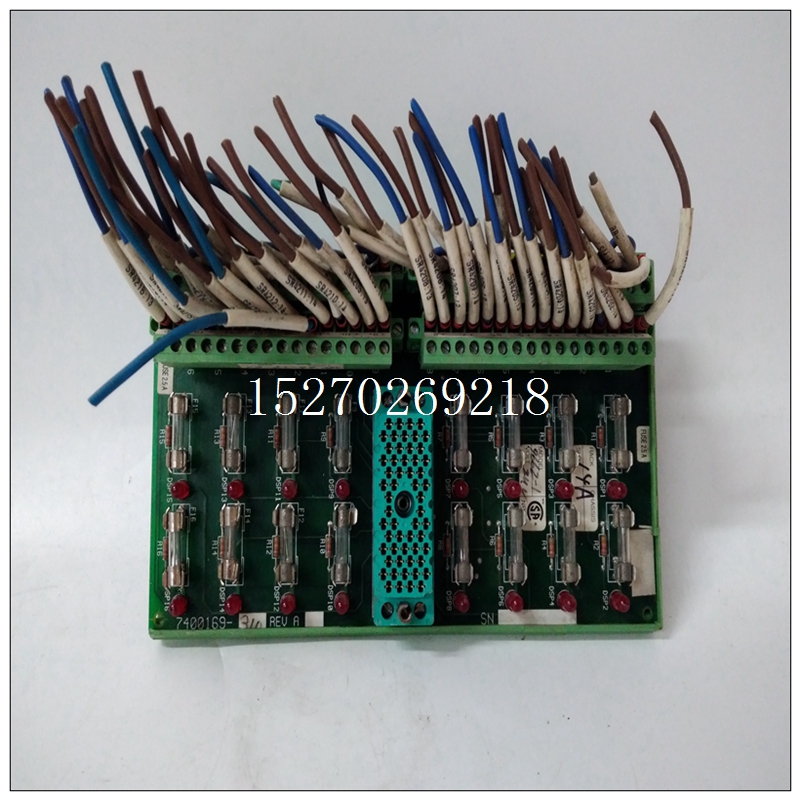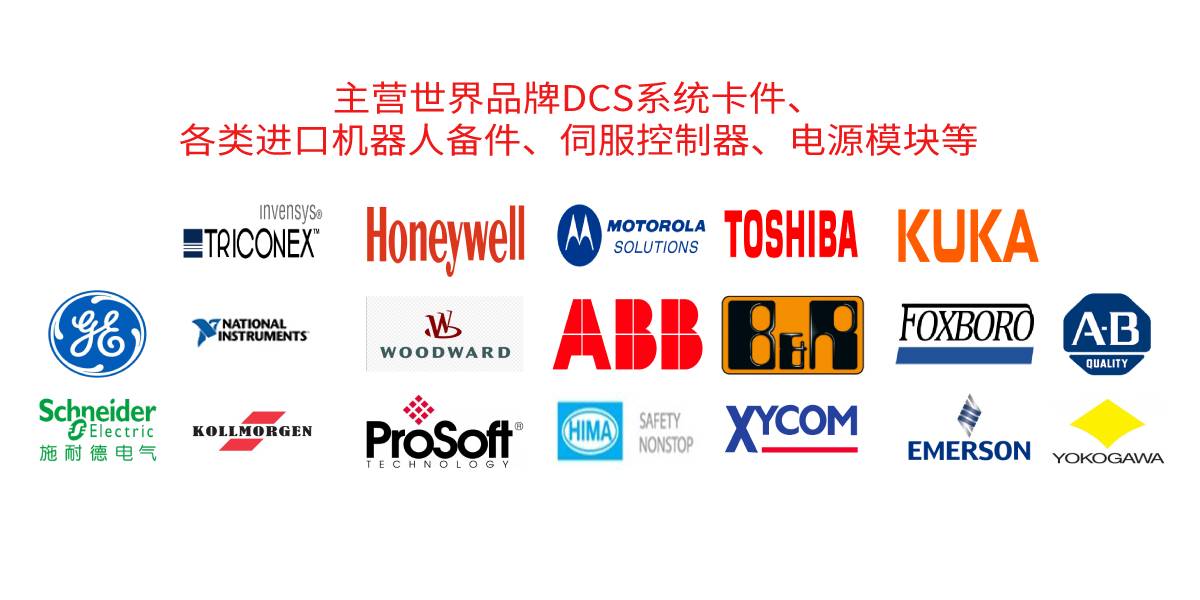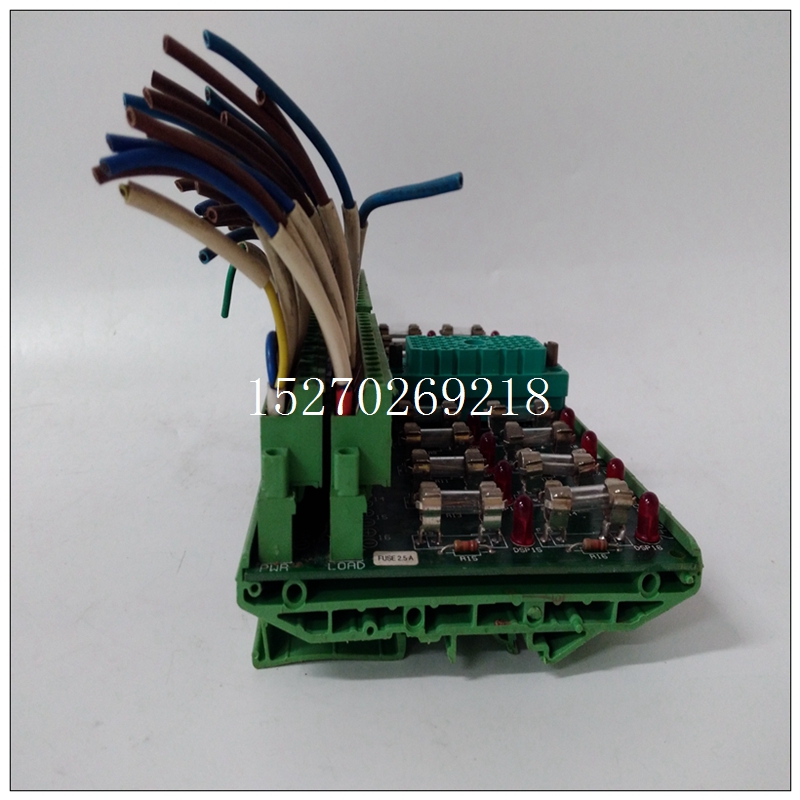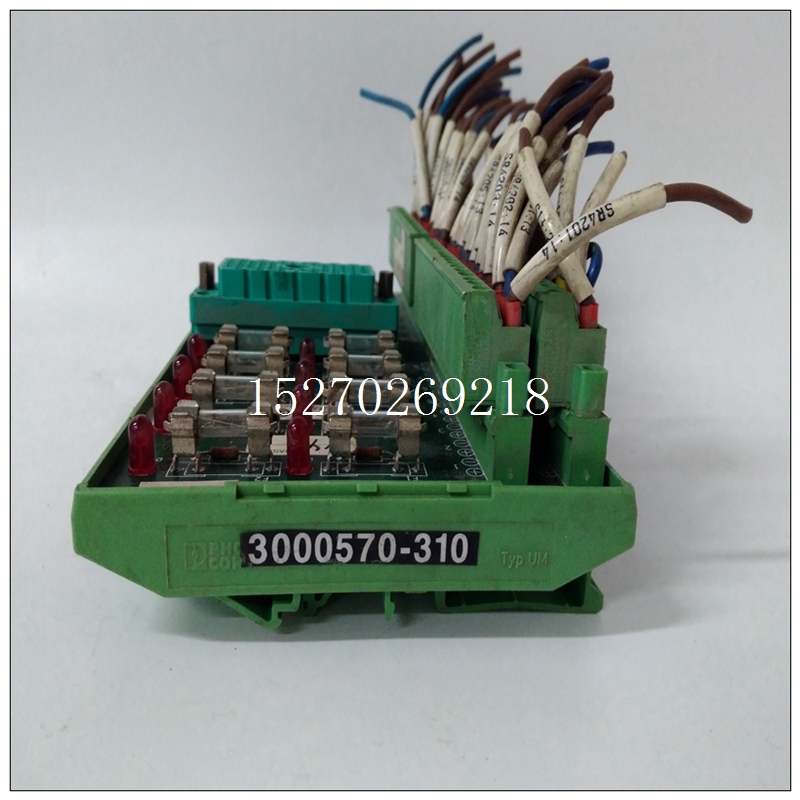TRICONEX 9662-1端子模塊,中文說明
PACSystems CPU返回90-70系列CPX935的主要/次要類型(主要類型12,次要類型35)連接到PCM暫存板存儲器與PCM通信。
? 如果您的RX7i應用程序需要訪問PCM的雙端口內(nèi)存,使用總線讀寫功能。當訪問PCM,將功能塊上的區(qū)域參數(shù)設置為1。(對于PCM,區(qū)域1預定義為模塊的整個雙端口內(nèi)存。)
注:有關IC697PCM711操作的詳細信息,請參閱可編程協(xié)處理器模塊和支持軟件用戶手冊,GFK-0255。恒定掃描恒定掃描時間(使用時)應設置為至少大于10毫秒

TRICONEX 9662-1端子模塊比正常掃描時間長,以避免監(jiān)測時出現(xiàn)任何過度掃描情況或者與程序員一起執(zhí)行在線更改。窗口完成故障如果恒定掃描設置不夠高,則會發(fā)生。一致的結束掃描條件可能導致程序員與PLC失去通信。PCM的默認背板通信超時值為5秒。PCM向CPU發(fā)送請求后,PCM在等待CPU的響應。在大多數(shù)情況下,CPU會做出響應在5秒超時內(nèi);然而,在某些情況下,CPU可以響應時間超過5秒。這些情況僅限于裝載或存儲程序和/或配置-尤其是當程序中的塊大于8 KB。包含EXE塊(同樣是*.EXE文件>8 KB)的文件夾是最有可能引起問題。確保PCM不遵守背板超時,必須將文件加載(使用termf)到PCM。文件必須是一個名為CPU的二進制文件。環(huán)境。該文件的內(nèi)容如下(所有值以十六進制表示):
一旦二進制文件CPU。ENV(如下)已創(chuàng)建,請使用termf加載CPU。環(huán)境至PCM。然后執(zhí)行PCM的軟復位。執(zhí)行軟重置后PCM的背板通信超時應為10秒。
注:上述CPU的副本。注意安全CPU。在上執(zhí)行硬重置時,不會使用ENV文件PCM。使用CPU。ENV文件駐留在PCM中,必須進行軟重置每次PCM硬復位后執(zhí)行。請注意,可以從梯形圖應用程序發(fā)出軟復位COMMREQ;因此,可以修改應用程序以處理所需的
系統(tǒng)通電循環(huán)后的PCM。
PACSystems CPUs return the major/minor type of the Series 90-70 CPX935
(major type 12, minor type 35) to the PCM scratch pad memory when
communicating with a PCM.
? If your RX7i application program needs to access the PCM’s dual port
memory, use the BUS READ and WRITE functions. When accessing the
PCM, set the Region parameter on the function block to 1. (For the PCM,
region 1 is predefined to be the module's entire dual port memory.)
Note: For details on operation of the IC697PCM711, refer to the Programmable
Coprocessor Module and Support Software User’s Manual, GFK-0255.
Constant sweep Constant Sweep time, when used, should be set at least 10 milliseconds greater
than the normal sweep time to avoid any over-sweep conditions when monitoring
or performing on-line changes with the programmer. Window completion faults
will occur if the constant sweep setting is not high enough. A consistent over
sweep condition can cause the programmer to lose communications with the PLC. The PCM has a default backplane communications timeout value of 5 seconds.
After the PCM has sent a request to the CPU, the PCM applies this timeout while
waiting on a response back from the CPU. In most cases, the CPU will respond
well within the 5–second timeout; however, in certain instances the CPU can take
longer than 5 seconds to respond. These cases are limited to LOADs or STOREs
of program and/or configuration -especially if blocks in the program are larger than
8 KBytes. Folders containing EXE blocks (again with *.EXE files >8 KBytes) are
most likely to cause problems. To ensure that the PCMs do not observe
backplane timeouts, a file must be loaded (using termf) to the PCM. The file must
be a binary file named CPU.ENV. The contents of this file are as below (all values
are specified in hexadecimal):
Once the binary file CPU.ENV (below) is created, use termf to load CPU.ENV to
the PCM. Then execute a soft reset of the PCM. After executing the soft reset, the
PCM’s backplane communications timeout should be 10 seconds.
Note: A copy of the above CPU.ENV file can be obtained from
http://www.ge-ip.com/support.
CAUTION
The CPU.ENV file will not be used when a hard reset is performed on the
PCM. With the CPU.ENV file resident in the PCM, a soft reset must be
performed after every hard reset of the PCM. Be aware that it is possible to
issue a soft reset COMMREQ from the Ladder Diagram application;
therefore, the application can be modified to handle the required reset of
PCMs after a power cycle of the system.









